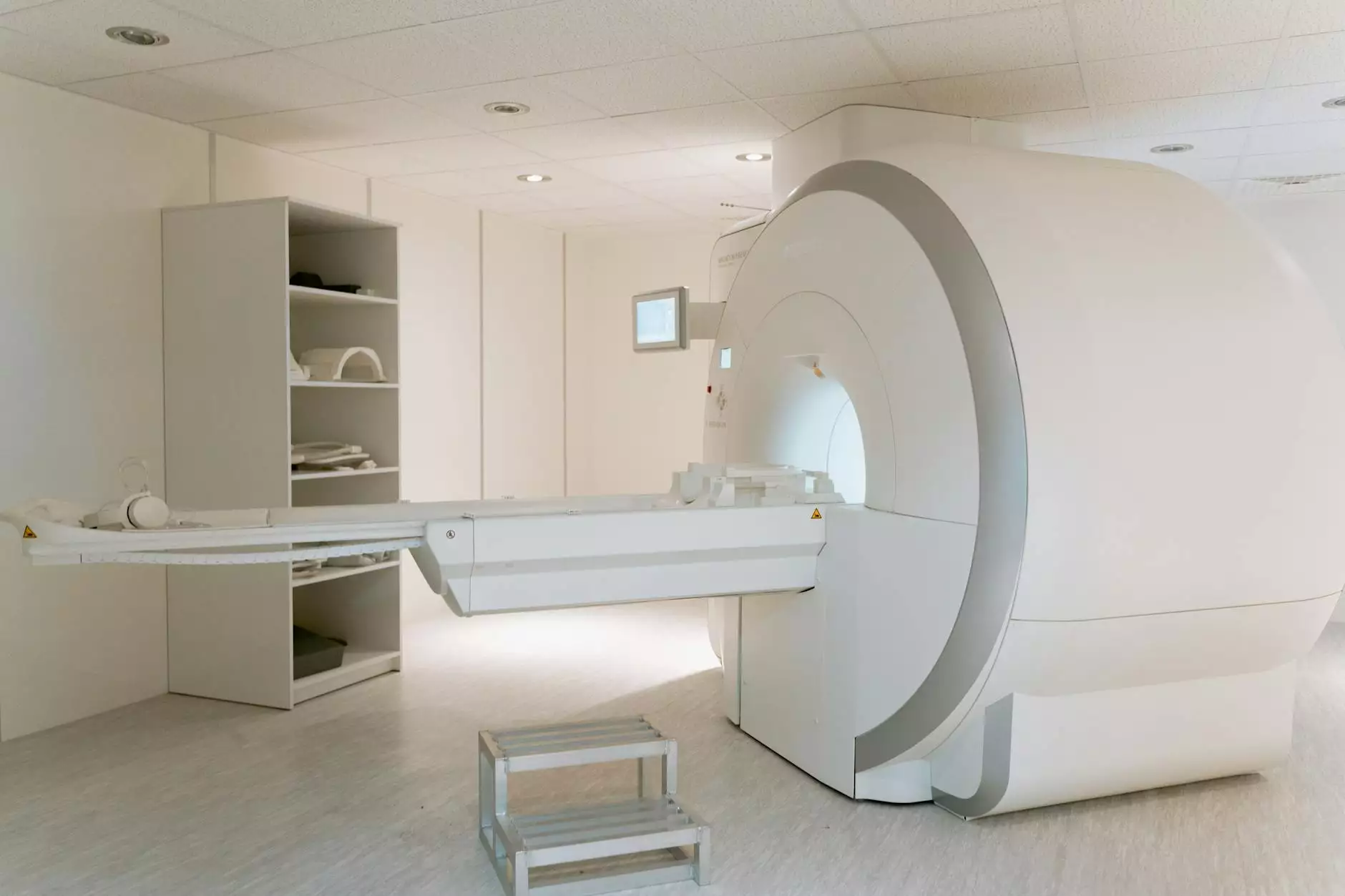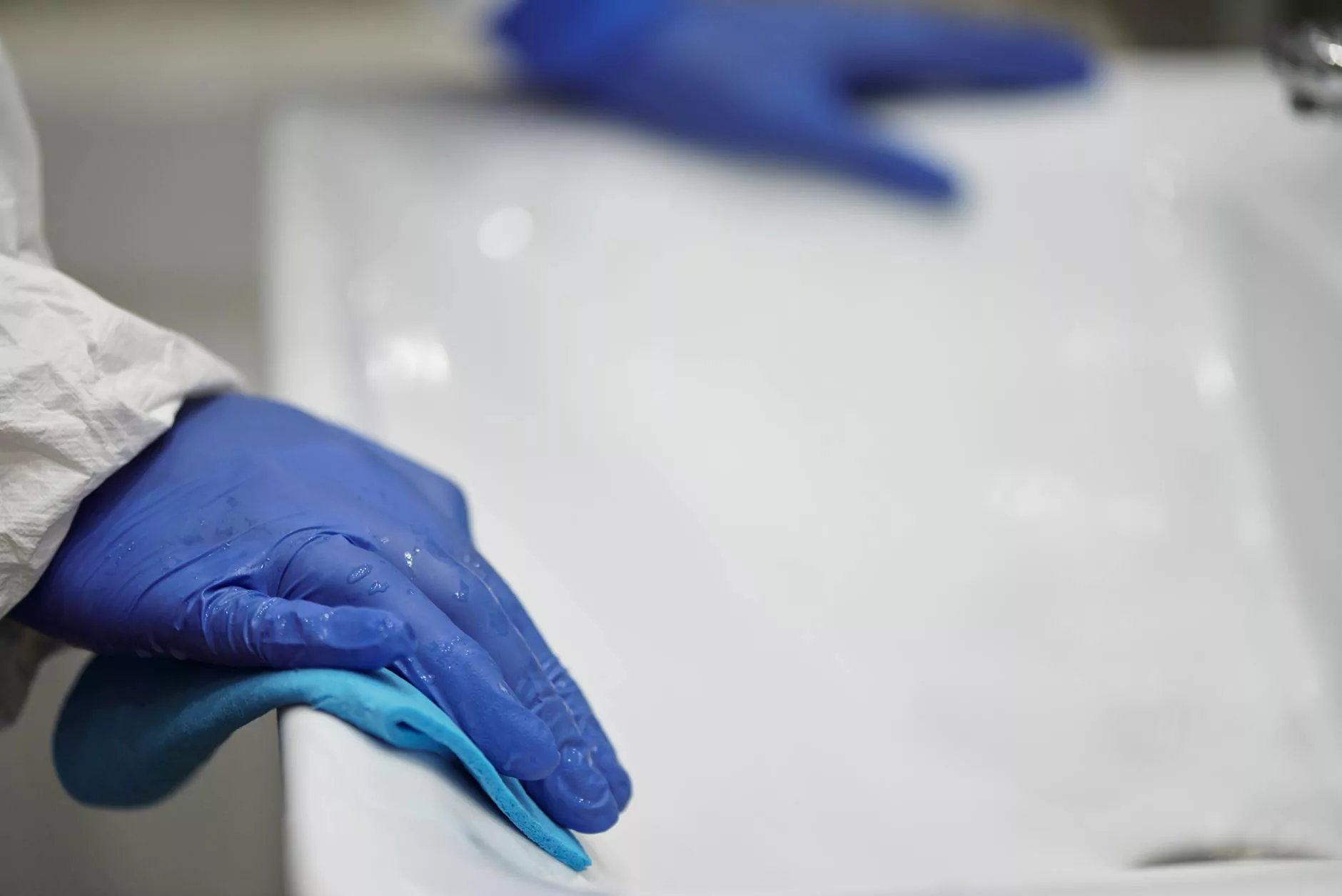The Importance of Lung CT Scan in Modern Health and Medicine

Understanding Lung CT Scans
A lung CT scan, or computed tomography scan, is a sophisticated imaging technique that creates detailed pictures of the lungs and the surrounding structures in the chest. Unlike traditional X-rays, lung CT scans provide a much more comprehensive view, allowing for greater accuracy in diagnosing various conditions. This technology uses advanced X-ray equipment and computer processing to generate high-resolution cross-sectional images.
These scans are crucial in identifying different lung diseases, including:
- Lung Cancer
- Pneumonia
- Chronic Obstructive Pulmonary Disease (COPD)
- Interstitial Lung Disease
- Pulmonary Embolism
How Lung CT Scans Work
The procedures for conducting a lung CT scan are straightforward, yet technological advancements have enhanced their efficacy. Patients lie on a table that slides into a large, donut-shaped machine. As the scan proceeds, the machine rotates around the patient, capturing multiple images from different angles. These images are then compiled by a computer to create cross-sectional views of the lungs.
One of the remarkable features of a lung CT scan is its ability to differentiate between healthy and diseased tissue, allowing clinicians to make informed decisions about patient care. The details provided by these scans enable healthcare providers to promptly diagnose conditions and initiate appropriate therapies.
Benefits of Lung CT Scans
There are numerous advantages of using lung CT scans in medical practice:
- Precision: CT scans offer a precise view of the lung anatomy, helping to pinpoint abnormalities.
- Early Detection: The high-resolution capabilities of CT can detect lung diseases at an earlier stage than other imaging methods.
- Less Invasive: Compared to surgery or invasive procedures, CT scans are non-invasive and associated with minimal risks.
- Disease Monitoring: Lung CT scans can be used to monitor disease progression or response to treatment over time.
- Guidance for Biopsy: They provide invaluable information to guide biopsies or surgical interventions when tumors are present.
Who Should Get a Lung CT Scan?
While lung CT scans are beneficial for many individuals, specific populations should consider undergoing this imaging procedure:
- Smokers: Individuals with a history of smoking may be at higher risk for lung cancer and should discuss screening options.
- High-Risk Patients: Those with a family history of lung cancer or other lung diseases may benefit from regular screenings.
- Patients with Chronic Symptoms: If experiencing chronic cough, unexplained weight loss, or persistent lung infections, a CT scan may be warranted.
Lung CT Scans in the Context of Health & Medical Care
The role of lung CT scans extends beyond mere diagnosis. In the realm of health and medical care, they are pivotal in the management of lung conditions, guiding treatment plans and assessing the effectiveness of ongoing therapies. For instance, in cases of lung cancer, CT scans can reveal the tumor's size and location, which is essential for formulating a treatment strategy.
Moreover, CT scans are also *integral in sports medicine*, where athletes might face respiratory issues that could impact their athletic performance. Early identification of conditions like exercise-induced asthma or pulmonary edema can lead to prompt intervention, ensuring athletes remain healthy and competitive.
Lung CT Scans and Physical Therapy
Physical therapists often work with patients recovering from respiratory illnesses or surgeries affecting the lungs. Understanding the insights provided by a lung CT scan can help these professionals tailor rehabilitation programs. For example:
- Post-Surgical Rehabilitation: After lung surgeries, knowing the condition of lung tissue helps guide respiration exercises.
- Breathing Techniques: Patients diagnosed with pulmonary disorders can receive specialized therapy focused on improving respiratory function.
By collaborating with medical professionals who analyze lung CT scans, physical therapists can enhance patient outcomes, emphasizing a multidisciplinary approach for optimal health.
Potential Risks and Considerations
Though lung CT scans are relatively safe, patients should be aware of some potential risks:
- Radiation Exposure: CT scans involve exposure to a small amount of radiation, which, while generally low, is still a point of consideration, especially for frequent scans.
- Contrast Material Reactions: In some cases, a contrast material may be used to enhance images. Patients should inform their doctors of any allergies, especially to iodine or shellfish.
It is imperative for patients to discuss the necessity and frequency of lung CT scans with their healthcare providers to ensure that they are receiving appropriate care.
Innovations and Future of Lung CT Scans
The field of medical imaging is evolving, and lung CT scans are at the forefront of this change. Innovations such as low-dose CT scans are being developed to reduce radiation exposure while maintaining diagnostic accuracy. Furthermore, advanced algorithms and artificial intelligence are increasingly being integrated into lung CT scan analysis to enhance detection rates and decrease human error.
Looking ahead, it is expected that the integration of machine learning will revolutionize how we evaluate lung health. By analyzing large datasets, AI can assist radiologists in recognizing patterns that may indicate the onset of diseases, leading to even earlier intervention and treatment.
Conclusion
In conclusion, lung CT scans are a critical component of contemporary health care, playing a vital role in the detection, diagnosis, and management of lung diseases. Their non-invasive nature and ability to provide detailed images make them indispensable in ensuring accurate patient care. As technology advances, the potential for lung CT scans to contribute to improved health outcomes will only increase.
Healthcare professionals, including those in health and medical fields, sports medicine, and physical therapy, should continue to advocate for the appropriate use of lung CT scans in patient care strategies. Emphasizing education and collaboration across disciplines will ensure that patients receive the best possible outcomes in their health journeys.
For more information about health and medical services, sports medicine, and physical therapy, contact Hello Physio SG.



